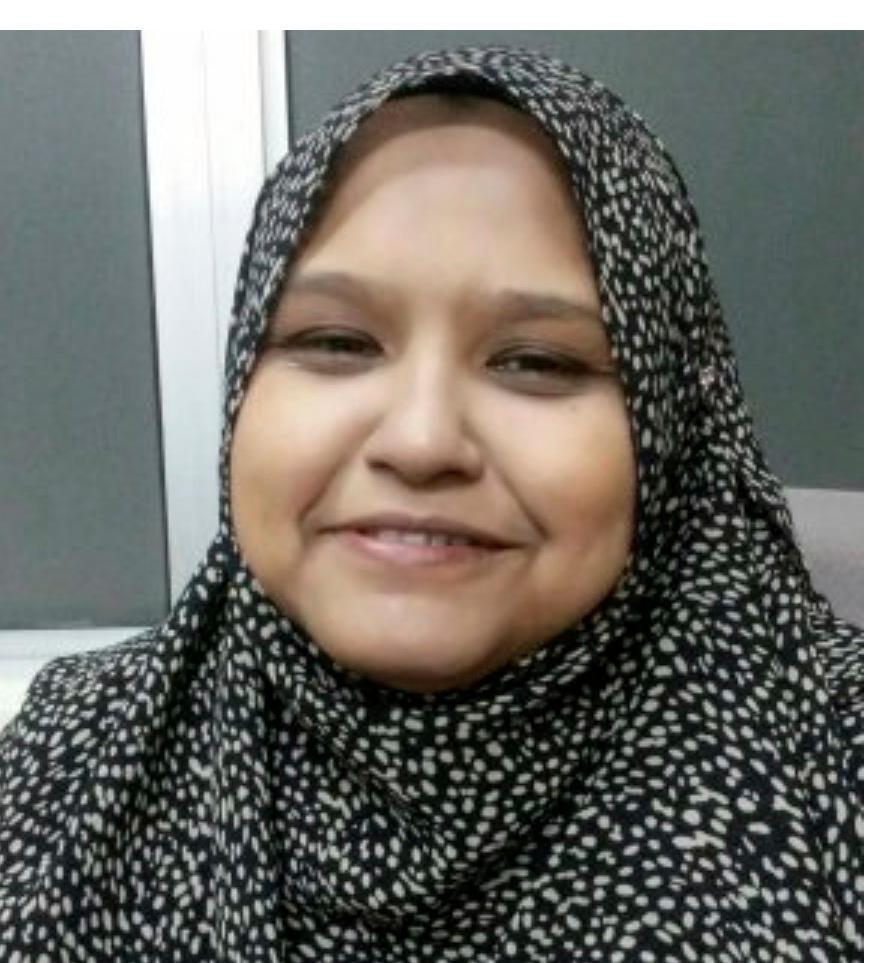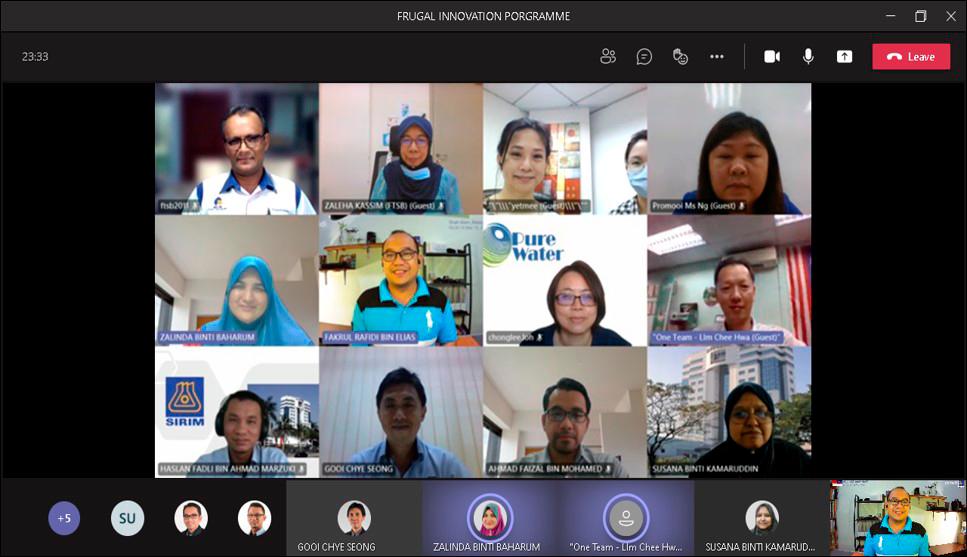A screenshot of an online session of SME representatives attending the Frugal Innovation programme. – Courtesy of SIRIM
MALAYSIAN SMEs recently got a boost thanks to Frugal Innovation, a new initiative introduced this year under the SIRIM-Fraunhofer programme. The programme was established in 2015 through a collaboration between SIRIM and the Fraunhofer Institute of Germany to enhance the productivity of SMEs in the manufacturing sector.
Frugal Innovation focuses on providing price-sensitive customer groups with affordable high-quality solutions that excel in reduced complexity and restricted features. The pilot programme is executed jointly by SIRIM and Fraunhofer IAO, involving a team of 15 SIRIM engineers and scientists and three experts from Fraunhofer IAO.
According to Ir Susana Kamaruddin, principal engineer for SIRIM-Fraunhofer, a series of online sessions involving SIRIM, Fraunhofer IAO and the SMEs have been held since the beginning of the year in order to achieve the outlined objectives of the programme.
With the change in business climate due to the COVID-19 pandemic, many companies are now focused on providing affordable quality products which suit both current and new markets.
It is hoped that the new initiative will enable companies to develop their ideas into frugal products and services that meet the expectation of their targeted customers.

Ir Susana. – Courtesy of SIRIM
The programme is also aimed at inculcating a strong innovation culture amongst SMEs, as well as introduce methods to structurally organise and manage ideas towards solutions that can succeed in the market.
In the programme, the SMEs worked with various innovation methods such as Persona, Kano Model and Price Sensitivity Meter to help the SMEs to formulate and improve their ideas. It included top-down solution trimming as well as bottom-up solution exploration in order to develop user-oriented frugal products and services.
Several interview sessions with potential customers were also held either through live sessions or via online survey forms.
With a frugal mindset instilled among the SMEs, and frugal strategies incorporated into their business models, the SMEs are now in a better position to achieve sustainable competitive advantage in the long run.
During review sessions, the companies acknowledged the advantages of using the structured methods in understanding their potential customer needs. Some even discovered that those needs had changed over time.
The methods introduced allowed them to visualise and map out their ideas versus their customers’ needs, and using this information, they were able to hold discussions with potential customers and validate their ideas. In the end, they were able to draw up a suitable business plan.
In conclusion, the programme has been a success in terms of imparting knowledge to SMEs in expanding their ideas towards embracing the frugality concept prior to refining and developing their products. Under the SIRIM-Fraunhofer programme, these companies will have an opportunity to utilise the technology intervention fund in 2022 for further product development.
It is hoped that with the success of the pilot programme, many more SMEs will follow suit and embrace Frugal Innovation in developing new products and new business opportunities.








